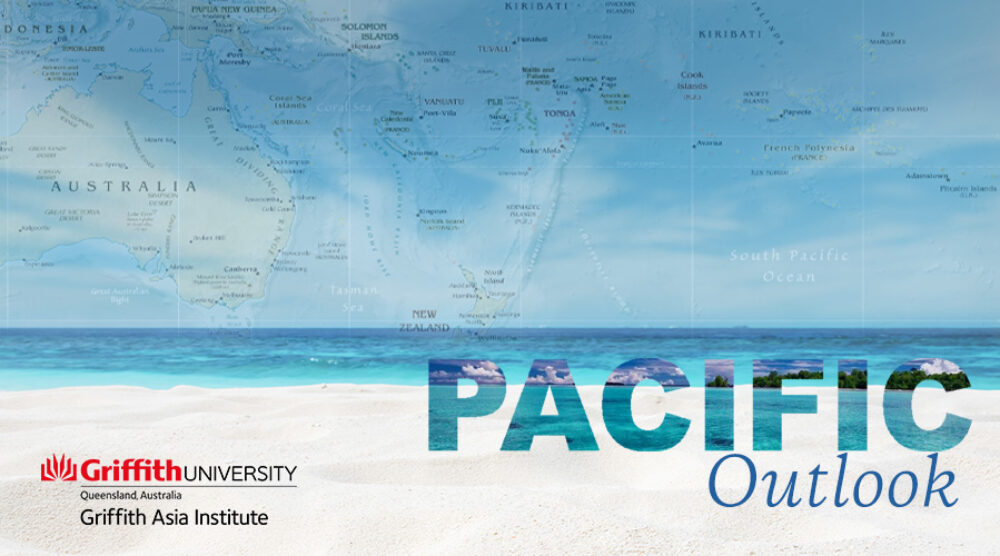TESS NEWTON CAIN |
Cook Islands elections
There are 69 candidates contesting for seats in the 24-member Cook Islands parliament in this week’s general elections.
This is the first election since the onset of the COVID-19 pandemic. As the country seeks to restore its tourism-led economy, many are concerned with the rising cost of living, including increasing food prices. The incumbent Prime Minister, Mark Brown, has faced criticism for focusing too much on infrastructure in Rarotonga and paying too little attention to social service provision.
Previously, politics in the Cook Islands have been dominated by two parties: the Democratic Party and the Cook Islands Party. However, this time there are candidates from the United Party and the Progressive Party, which has one member. In addition, a recently formed group, the One Cook Islands Movement, is expecting to play a role in the next Parliament. It is likely that the new government will be a coalition.
PNG elections
Elections in Papua New Guinea have yet to conclude. The situation on the ground is chaotic and tense in places. More seats have been declared but it is very much a stop-start process with disputes about the security of ballot boxes and other issues occurring often.
Last week, there was a lot of confusion about extending the deadline for the return of writs. Despite written advice from the State Solicitor to say that doing this would be unconstitutional, the latest position is that writs must be returned by August 5th. Parliament is expected to meet on or around August 9th and the new government will then be formed.
Of the 167 women who contested, many have already been ruled out. However, in the Rai Coast open seat, Kessy Sawang of the People First Party is leading in the count so far. Rufina Peter is also doing well in the Central Regional seat that she contested.
Pacific sport news (By Lachlan Cain)
Ranked 49th in the world, Papua New Guinea’s women’s football team is attempting to qualify for the FIFA World Cup for the very first time. They have just won the Oceania Nations’ Cup, beating Fiji 2-1 in the finals. They were undefeated throughout the tournament. They beat Vanuatu and Tahiti in the group stages. In the quarter-finals, they defeated Tonga 6-5 in a true goals fest. They now go into a play-off tournament with nine other nations to compete for a place in the World Cup finals to be held in Australia and New Zealand.
Meanwhile, at the Commonwealth Games in Birmingham, Fiji is living up to expectations with the men’s and women’s Rugby Sevens teams having relatively comfortable pathways to the final of their competitions. Unfortunately, neither team was able to secure gold with the men losing to South Africa and the women going down to Australia.
Samoa and Tonga begin the process of reopening
Samoa and Tonga have begun the process of reopening their borders after more than two years of quarantine restrictions and lockdowns.
Tonga reopened the border on August 1st for a one-month trial. The news has been welcomed by many seasonal workers who have been in New Zealand and Australia for protracted periods, unable to see their families.
The reopening of the border in Samoa coincided with a visit by Prime Minister Jacinda Ardern from New Zealand. The two countries are marking the 60th anniversary of their Treaty of Friendship, described by PM Mata’afa of Samoa as a ‘unique’ relationship.
Meanwhile, other countries in the region such as Niue and the Federated States of Micronesia are reporting their first cases of community transmission of COVID-19. There were 17 cases on Niue as of Monday, a jump from four the previous week.
Tess Newton Cain is an Adjunct Associate Professor at the Griffith Asia Institute and project lead of the Pacific Hub.








